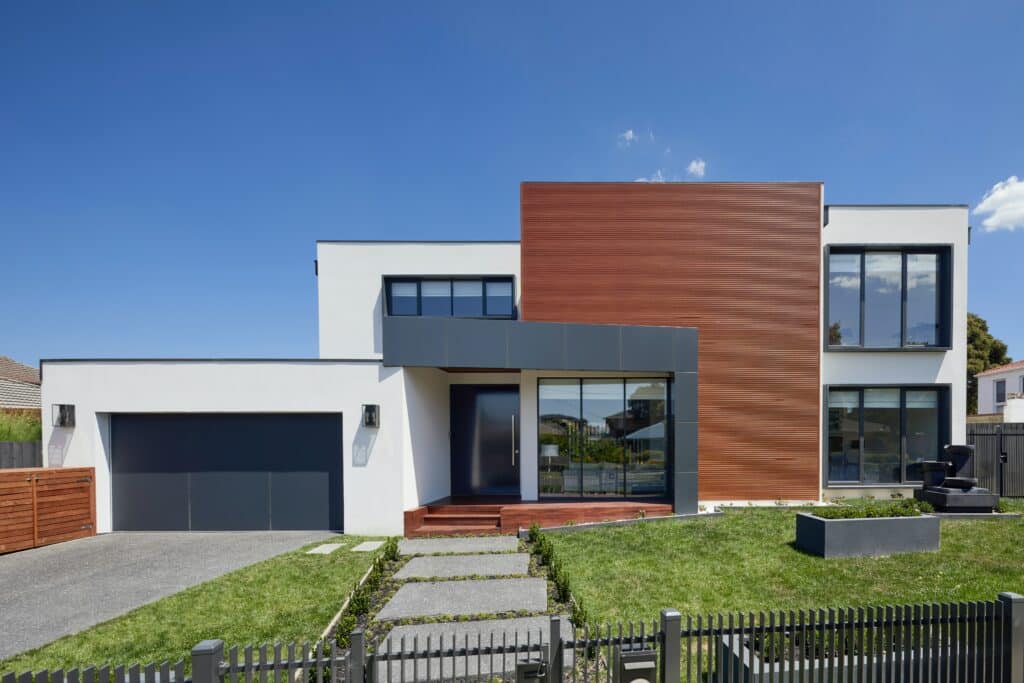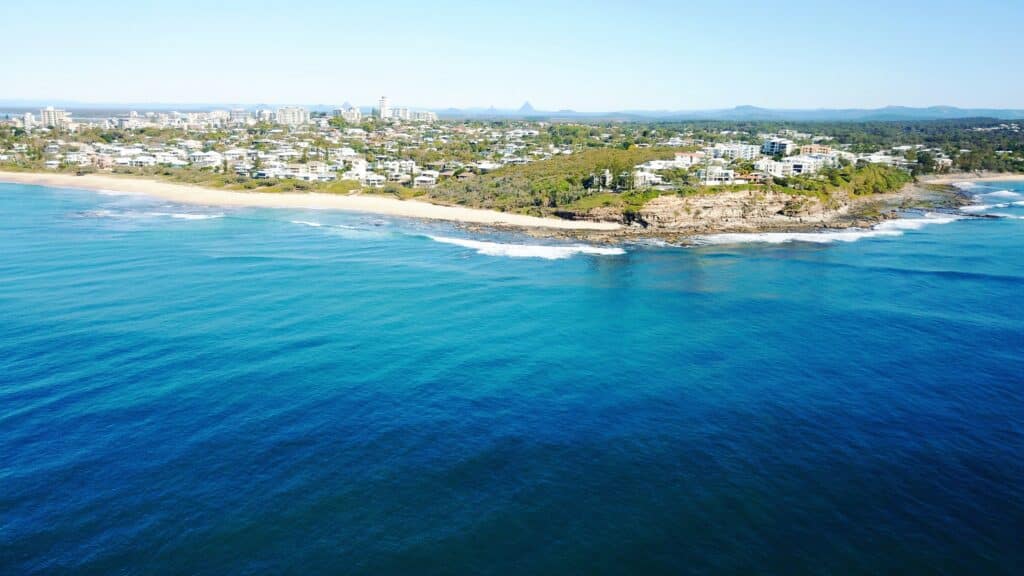Selling a house can be a costly process, but there are ways to minimise your expenses. Here is a breakdown of the typical costs involved in selling a house:
- Real estate agent’s commission: This is the biggest expense, typically ranging from 1% to 3% of the sale price.
- Conveyancing fees: These fees are charged by a lawyer or conveyancer to handle the legal paperwork involved in the sale. They typically range from $1,000 to $2,000.
- Marketing costs: This includes the cost of advertising your property, such as listing it on real estate websites and taking professional photos. It can range from a few hundred dollars to a few thousand dollars.
- Inspection fees: This is the cost of having inspectors, such as a pest inspector and a home inspector, come to your property. It typically ranges from $200 to $500.
- Title search: This is the cost of having a title search done to ensure that the property has a clear title. It typically ranges from $100 to $200.
- Stamp duty: This is a tax that is charged by the government when you sell a property. The amount of stamp duty you pay depends on the value of the property and the state you live in.
- Other miscellaneous costs: There may be other miscellaneous costs involved in selling a house, such as the cost of cleaning the property or the cost of repairs.
The total cost of selling a house can vary depending on the property’s value, the location, and the market conditions. However, it is important to be prepared for these expenses before you put your house on the market.
Here are some tips for minimising the cost of selling your house:
- Do your research: Get quotes from several real estate agents before you choose one. You can also negotiate the commission rate.
- Sell your house yourself: If you are comfortable handling the process yourself, you can save money by selling your house without a real estate agent. However, this is not recommended for first-time sellers.
- Market your property effectively: Use a variety of marketing channels to reach potential buyers. This includes listing your property on real estate websites, advertising in local newspapers, and holding open houses.
- Get pre-approved for a mortgage: This will show potential buyers that you are serious about selling and that you have the financing in place.
- Be prepared to negotiate: Be prepared to negotiate with potential buyers on the price and other terms of the sale.
By following these tips, you can minimize the cost of selling your house and get the best possible price.
Here are some additional things to keep in mind when selling your house:
- The condition of the property: The condition of your property will affect the price you can sell it for. Make sure the property is clean, well-maintained, and free of any major repairs.
- The time of year: The time of year you sell your house can also affect the price. In general, houses sell for more in the spring and summer than in the fall and winter.
- The market conditions: The overall market conditions can also affect the price of your house. If the market is hot, you may be able to sell your house for more than you would if the market is slow.
Read our article on “Signs when to sell“
By considering all of these factors, you can get the best possible price for your house when you sell it.




